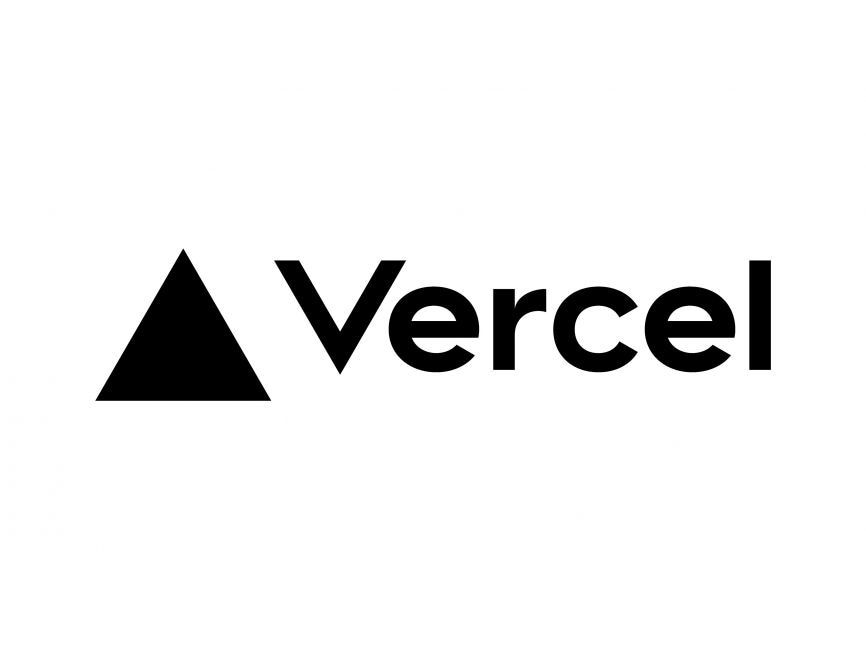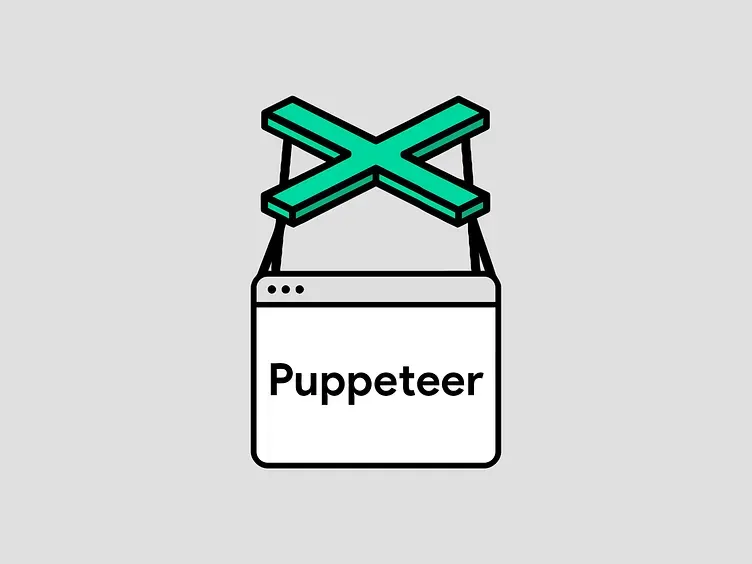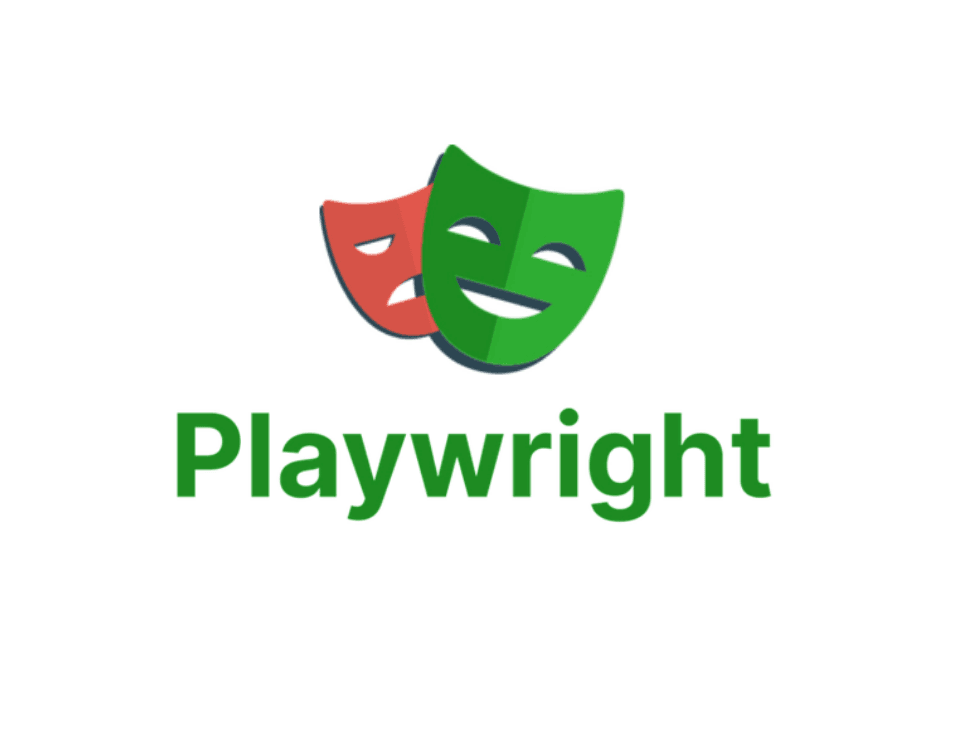Hire NextJS Developers
Dedicated developers for your goals
Flexible engagement models
24/7 support and updates
Agile development for fast delivery
Scalable solutions
Cost-effective pricing
Seamless team integration

On-Demand NextJS Developers, Expert in the Right Frameworks, Perfectly Aligned with Your Product Goals & Timeline
We focus on optimizing every aspect of the user experience, ensuring your web applications are not only visually appealing but also exceptionally performant, leading to increased user engagement and conversions.
Our NextJS developers specialize in creating lightning-fast, user-centric frontends that leverage server-side rendering and static site generation.
We build web solutions with a strong emphasis on SEO from the initial stages, implementing crucial techniques such as server-side rendering.
Our approach ensures higher search engine rankings and increased organic traffic, driving valuable visitors to your page.
Hire Tailored NextJS Development Talent for Every Project Need
Custom Web Application Development
Our NextJS developers develop customized web applications with React and NextJS, delivering modern, scalable, and user-friendly experiences.
Benefits of Hiring NextJS Developers
Seamless tech integration
Optimized performance
Scalable architecture
SEO-friendly design
Rapid development
Custom solutions

Tech Stack Expertise of Our NextJS Developers
Dappinity’s NextJS developers bring deep experience with the modern JavaScript ecosystem, enabling them to build fast, maintainable, and scalable applications.
 CSS3
CSS3 HTML5
HTML5 JavaScript
JavaScript React.js
React.js Angular.js
Angular.js
 Node.js
Node.js .NET
.NET PHP
PHP Java
Java Python
Python Express
Express
 MySQL
MySQL PostgreSQL
PostgreSQL MongoDB
MongoDB Firebase
Firebase
 AWS
AWS Google Cloud
Google Cloud Azure
AzureSE
 Cloudfare
Cloudfare Vercel
Vercel
 Azure
Azure Zoho
Zoho Power BI
Power BI Tableau
Tableau Puppeteer
Puppeteer Playwright
Playwright
Testimonials
The team delivered high-quality work that met our expectations in terms of design and functionality.
Productivity-focused companies trust Dappinity’s high-quality NextJS Developers to build fast, scale smart, and deliver with confidence.
We help you access skilled, reliable NextJS Developers who bring clarity, speed, and scalability to your projects — so you can focus on results, not resourcing.
Why Hire NextJS Developers from Dappinity?
Dappinity provides expert NextJS Developers offering scalable, innovative, and client-focused solutions while ensuring high quality and timely project delivery.
- Expert Developers
- Agile Project Management
- Cost Effective Solutions
- Superior Software Quality
- Optimized Operational Costs
- Time Zone Compatibility
Benefits of Dedicated NextJS Developers
The dedicated NextJS Developers team at Dappinity delivers innovative, scalable, and secure solutions, ensuring seamless collaboration and future ready applications.
- Tailored Software Solutions
- Cutting Edge Technology
- Agile Development Process
- Seamless Collaboration
- Future Ready Applications
- End to End Support
Hire NextJS Developers Fast with Our Simple Process

Tell us what you need - tech stack, experience, timelines.

We send you pre-screened developers matched to your needs.

You interview. You decide. Start in as little as 72 hours.

Easily scale up or down. We stay flexible as you grow.
1Engagement Models (Full-time, Part-time, Hourly, Project-Based)
When hiring NextJS developers, selecting the right engagement model ensures that your project is executed efficiently, on time, and within budget:
- Full-time Developers: Ideal for long-term projects that require continuous support, iterative development, and seamless integration of new features.
- Part-time Developers: Suitable for ongoing projects with lighter demands or where occasional updates and improvements are needed.
- Hourly Developers: Perfect for specific tasks like bug fixing, performance optimization, or feature enhancements that require quick attention.
- Project-Based Hiring: Best for clear, scoped projects like building a NextJS-based application with specific features and deadlines.
Choosing the right engagement model depends on your project’s size, complexity, and required developer commitment.
2Development Methodologies: Best Approaches for NextJS Projects
The success of a NextJS project depends heavily on choosing the right development methodology. Each methodology helps streamline processes and ensures faster delivery:
Agile:
An adaptive approach ideal for projects with evolving requirements. Teams work in iterations (sprints) to deliver incremental changes and respond to feedback.
Scrum:
A specialized Agile framework where work is divided into short, focused sprints (usually 2–4 weeks). Scrum is great for managing complex, feature-rich NextJS projects.
Kanban:
A visual workflow management methodology, perfect for projects where tasks are continuously updated, refined, and prioritized based on team capacity.
These methodologies ensure flexibility, continuous delivery, and project alignment with stakeholder goals.
3Matching Tech Stack Needs with NextJS Developer Expertise
NextJS is a powerful framework for building server-rendered React applications, and aligning developer expertise with your tech stack needs is key to successful project delivery:
Frontend Development:
- NextJS Features: Server-Side Rendering (SSR), Static Site Generation (SSG), Incremental Static Regeneration (ISR), Image Optimization.
- Skills: ReactJS, CSS Modules, Styled Components, Tailwind CSS, component-based architecture, routing, hooks, and state management.
- Tools: Webpack, Babel, NextJS CLI.
Backend Development:
- API Routes in NextJS: Build API routes directly inside the NextJS project using ExpressJS or custom server solutions for full-stack applications.
- Database Integration: MongoDB, PostgreSQL, or any headless CMS.
- Authentication: JWT, OAuth, and custom authentication strategies.
Deployment & Hosting:
- Vercel (Primary Hosting for NextJS): Leverage NextJS’s built-in optimizations when deploying on Vercel for seamless scaling and performance.
- Cloud Integration: AWS, GCP, or Azure for hosting static and dynamic content.
NextJS developers bring expertise in building SEO-friendly, high-performance applications with fast loading times and optimized user experiences.
4Ensuring Code Quality When Managing NextJS Developers
Quality code ensures long-term maintainability and reduces future costs. Here’s how you can manage the quality of your NextJS project:
Code Reviews:
Use GitHub, GitLab, or Bitbucket to create a culture of code reviews. Every piece of code should be reviewed for bugs, performance, and scalability.
Automated Testing:
- Unit Testing: Ensure individual functions work as expected with tools like Jest and React Testing Library.
- Integration Testing: Test how different parts of the application work together.
- End-to-End Testing: Use Cypress or Puppeteer for simulating real-user interactions and ensuring everything works properly from start to finish.
Code Linting & Standards:
Use ESLint and Prettier to enforce coding standards, ensuring consistency in code style and minimizing errors.
Continuous Integration (CI):
Set up a CI pipeline using GitHub Actions or CircleCI to automatically test and deploy your NextJS app with each update.
Documentation:
Maintain comprehensive documentation for all code, modules, and components to facilitate easier scaling and onboarding of new developers.
By maintaining a strict focus on code quality, you ensure a robust, maintainable application and a faster path to production.
5Security & IP Protection When Working with NextJS Developers
Security is critical when working with remote NextJS developers to protect your data, intellectual property, and project integrity:
NDAs & Legal Contracts:
Ensure all developers sign Non-Disclosure Agreements (NDAs) and IP protection contracts before starting any work. This helps prevent unauthorized access to sensitive information.
Access Control:
- Use role-based access control (RBAC) to restrict access to critical files, code repositories, and databases.
- Use multi-factor authentication (MFA) on platforms like GitHub and GitLab to secure your repositories.
Data Protection:
- Always use HTTPS and SSL for secure data transfers.
- Protect user authentication and sensitive data using JWT, OAuth, or secure authentication strategies.
Code Hosting & Version Control:
- Use private repositories to store code on secure platforms like GitHub or GitLab.
- Monitor repositories for unusual activity or unauthorized access.
By ensuring robust security practices, you mitigate risks related to data breaches, unauthorized access, and IP theft.
6Freelancer vs Dedicated NextJS Developer: Which Is Better?
When deciding between hiring a freelancer or a dedicated NextJS developer, consider the size and long-term scope of your project:
Freelancers:
- Best for smaller tasks such as building a simple feature, bug fixing, or short-term project needs.
- Freelancers provide flexibility and cost-efficiency for isolated tasks but might not be available for long-term support or future scaling.
Dedicated NextJS Developers:
- Perfect for larger, ongoing projects that require constant updates, optimizations, and long-term development.
- A dedicated developer brings deeper involvement, continuous support, and a more efficient development process, making them ideal for projects that need to evolve and scale.
Engage Dappinity for Your NextJS Development
Accelerate your digital products with Dappinity’s expert NextJS developers. From small to enterprise-grade platforms, we build fast, scalable, and SEO-friendly applications that perform flawlessly across devices and users.
600+
Project completed12+
Years Experience100%
Positive reviews92%
Customer RetentionTransparency
Strict Privacy Assurance with NDA
Talented Team of Developers
12 Months Free Support
Smooth Collaboration & Reporting
On time Delivery, No Surprises
Efficient & Adaptive Workflow
FAQs About Hiring NextJS Developers
Our developers specialize in creating scalable, SEO-optimized, and high-performing applications with NextJS—delivering faster results with future-ready architecture.
We work with React, TypeScript, Tailwind CSS, NodeJS, GraphQL, PostgreSQL, Vercel, and popular headless CMS platforms like Sanity and Contentful.
Absolutely. We offer flexible engagement models—hourly, part-time, full-time, or fixed-project—to meet your specific business needs.
Yes, you retain complete ownership of all code, assets, and IP created during the engagement.
Yes. We leverage NextJS’s SSR, SSG, and ISR capabilities to build SEO-friendly and lightning-fast web experiences.
Definitely. We specialize in modernizing legacy SPAs or monoliths by migrating them to NextJS for better performance and maintainability.
Just contact us with your requirements—we’ll analyze your needs and quickly match you with skilled NextJS developers or a dedicated team.













